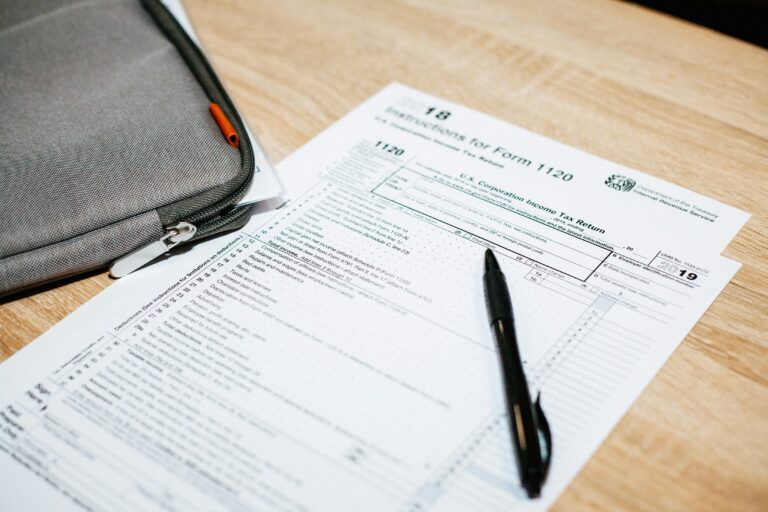
An important decision of the Council of Ministers has taken place in recent days, which could significantly affect the protection of whistleblowers. The draft law on whistleblowers, adopted on April 2, 2024, aims to bring Polish law in line with European Union standards, specifically the European Parliament and Council Directive 2019/1937 of October 2019, which should be implemented by December 17, 2021.
The new regulations are expected to come into force three months after they are promulgated, with a transition period of six months for some aspects, such as regarding internal reporting.
What does this mean for employers? Here are the highlights of the law.
Protecting whistleblowers from retaliation
The new legislation guarantees whistleblowers protection from retaliation after reporting. This means that whistleblowers, regardless of their form of employment, will have the right to be safe from negative consequences from their employer or institution.
Any person who reports a violation of the law can become a whistleblower, regardless of the basis and form of work or service. In addition to a contract of employment, a civil law contract, it can be a cooperative agreement with a sole proprietor, a management contract, volunteer work, an internship or an apprenticeship. Protection will also be extended to contractors, subcontractors or suppliers and others who report information about violations in a work-related context.
The new legislation protects whistleblowers from retaliation such as deprivation of a source of income, harassment, deprivation of a promotion, award or bonus. The bill stipulates that a whistleblower who has experienced retaliation will be able to claim compensation or damages of no less than the average monthly salary.
The bill does not make reporting mandatory. Each whistleblower will decide for himself whether to make a report or not – but if he chooses to do so, he will be protected.
According to government explanations, a whistleblower is distinguished from an “ordinary” complainant by acting in the public interest. A whistleblower makes a report to protect the common good, not his or her personal interest or that of immediate family members. In addition, to enjoy whistleblower status, the whistleblower should be convinced that the information he provides is true.
Employer’s responsibilities
The employer will have to develop an internal whistleblowing procedure that will specify the rules for receiving such reports and create channels for receiving them. Internal whistleblowing systems will facilitate the diagnosis of irregularities in the workplace and help eliminate disturbing incidents.
The obligation to prepare an internal reporting procedure will apply to an employer for which at least 50 people are gainfully employed as of January 1 or July 1 of a given year. Smaller entities will be able to establish the notification procedure voluntarily.
Notification channels
A whistleblower makes a report using the appropriate reporting channel, or public disclosure.
In each case, conditions will be required to be met regarding the integrity of the whistleblower’s conduct and the reliability of the information he reports or discloses.
The whistleblower will be able to report violations of the law by means of:
The identity of the whistleblower will be kept secret, ensuring his or her safety and avoiding reprisals from the reported persons or institutions.
Contact
Check out our payroll and HR services we provide for our clients. We are here to make your business easier.
We provide payroll and HR outsourcing services.






